The good news is the unneeded, ineffective, harmful, anti-family Gardasil bill AB 659 did not come up for a vote all last week.
The bad news (or rather, the persistent threat) is that it could pass this week if swing-vote Democrats fear their Democrat bosses or Merck’s lobbyists more than they fear all the opposition phone calls they’ve been receiving.
So, this deadline week (bills must pass their house of origin by June 2), please keep flooding the deciding votes!
CALLING INSTRUCTIONS
Whether you can leave one, some, or all of the voicemails, thank you!
1. Call your own state assemblymember. Find them by entering your voter address. When you leave your voicemail message, say your name and that you live in the district. Say, “The latest amendments to AB 659 make the deception even worse. You can’t say it’s not a mandate when you instruct parents that their children ‘are expected’ to ‘be fully immunized against human papillomavirus (HPV) before admission or advancement to the eighth grade level.’ Oppose this dishonest bill!”
2. Call Democrat Assemblymember Akilah Weber, an OB-GYN who abstained twice in committee on AB 659. Call 619-465-7903 or 916-319-2079, anonymously. Leave your voicemail, saying, “Thank you for not supporting AB 659. On the floor, please stand and speak against this misleading bill.”
3. Call the Democrats SaveCalifornia.com has identified, leaving your voicemails, anonymously, 7pm to 8am, for some or all of them. Tell these Democrats, “The latest amendments to AB 659 make the deception even worse. You can’t say it’s not a mandate when you instruct parents that their children ‘are expected’ to ‘be fully immunized against human papillomavirus (HPV) before admission or advancement to the eighth grade level.’ Defeat this misleading, dishonest bill!”
FIRST PRIORITY
14 NEW DEMOCRATS WHO MIGHT NOT BE BIG PHARMA PROSTITUTES YET
Dawn Addis (916) 319-2030 Capitol office | (805) 549-3001 district office
Jasmeet Bains (916) 319-2035 Capitol office | (661) 335-0302 district office
Juan Carrillo (916) 319-2039 Capitol office | (661) 266-3908 district office
Damon Connolly (916) 319-2012 Capitol office | (415) 479-4920 district office
Gregg Hart (916) 319-2037 Capitol office | (805) 564-1649 district office
Josh Lowenthal (916) 319-2069 Capitol office | (562) 429-0470 district office
Stephanie Nguyen (916) 319-2010 Capitol office | (916) 670-7888 district office
Liz Ortega (916) 319-2020 Capitol office | (510) 583-8818 district office
Blanca Pacheco (916) 319-2064 Capitol office | (562) 861-5803 district office
Diane Papan (916) 319-2021 Capitol office | (650) 349-2200 district office
Gail Pellerin (916) 319-2028 Capitol office | (831) 425-1503 district office
Pilar Schiavo (916) 319-2040 Capitol office | (661) 286-1565 district office
Esmeralda Soria (916) 319-2027 Capitol office | (209) 726-5465 district office
Avelino Valencia (916) 319-2068 Capitol office | (714) 939-8469 district office
SECOND PRIORITY
7 DEMOCRATS FROM SOMEWHAT CONSERVATIVE OR PRO-FAMILY AREAS
Tasha Boerner (916) 319-2077 Capitol office | (760) 434-7605 district office
Eduardo Garcia (916) 319-2036 Capitol office | (760) 347-2360 district office
Timothy Grayson (916) 319-2015 Capitol office | (925) 521-1511 district office
Brian Maienschein (916) 319-2076 Capitol office | (858) 675-0760 district office
Sharon Quirk-Silva (916) 319-2067 Capitol office | (714) 525-6515 district office
Cottie Petrie-Norris (916) 319-2073 Capitol office | (949) 251-0074 district office
Carlos Villapudua (916) 319-2013 Capitol office | (209) 948-7479 district office
THIRD PRIORITY
23 DEMOCRATS WHO MIGHT STILL THINK INDEPENDENTLY AND WANT HONESTY
David Alvarez (916) 319-2080 Capitol office | (619) 498-8580 district office
Joaquin Arambula (916) 319-2031 Capitol office | (559) 445-5532 district office
Steve Bennett (916) 319-2038 Capitol office | (805) 485-4745 district office
Isaac Bryan (916) 319-2055 Capitol office | (310) 641-5410 district office
Lisa Calderon (916) 319-2056 Capitol office | (562) 692-5858 district office
Sabrina Cervantes (916) 319-2058 Capitol office | (951) 371-6860 district office
Laura Friedman (916) 319-2044 Capitol office | (818) 558-3043 district office
Jesse Gabriel (916) 319-2046 Capitol office | (818) 346-4521 district office
Mike Gipson (916) 319-2065 Capitol office | (310) 324-6408 district office
Chris Holden (916) 319-2041 Capitol office | (626) 351-1917 district office
Jacqui Irwin (916) 319-2042 Capitol office | (805) 370-0542 district office
Ash Kalra (916) 319-2025 Capitol office | (408) 286-2535 district office
Kevin McCarty (916) 319-2006 Capitol office | (916) 324-4676 district office
Tina McKinnor (916) 319-2061 Capitol office | (310) 412-6400 district office
Al Muratsuchi (916) 319-2066 Capitol office | (310) 375-0691 district office
James Ramos (916) 319-2045 Capitol office | (909) 889-7145 district office
Anthony Rendon (916) 319-2062 Capitol office | (562) 529-3250 district office
Eloise Gómez Reyes (916) 319-2050 Capitol office | (909) 381-4100 district office
Robert Rivas (916) 319-2029 Capitol office | (831) 759-8676 district office
Luz Rivas (916) 319-2043 Capitol office | (818) 504-3911 district office
Freddie Rodriguez (916) 319-2053 Capitol office | (909) 902-9606 district office
Blanca Rubio (916) 319-2048 Capitol office | (626) 960-4457 district office
Miguel Santiago (916) 319-2054 Capitol office | (213) 620-4646 district office
In February 2013, my healthy, active, academically gifted daughter received the 2nd of three recommended HPV-4 (Gardasil) injections. Within a week, she developed cold symptoms and a barking cough. I did not think it was related to the vaccine. How could a vaccine cause a cold? She went on to develop repeated lung spasms. After her third injection, she experienced dizzy spells, loss of balance, weakness, anxiety, ear pain, abdominal pain, and nausea. I was never an “anti-vaxxer” (if I were, I wouldn’t have agreed to the HPV vaccine) so. I never even associated her new symptoms with Gardasil … It was only when another mom contacted me via social media, asking, “Has your daughter had the Gardasil shot, by any chance?” that I began to put the pieces together. To be honest, I thought she was crazy at first. But I started reading the stories of other young people who have been injured by Gardasil. Their stories are so similar to Caitlin’s. Now, that same mother’s intuition which made me question her pediatrician before consenting to the Gardasil injections tells me that my child has been devastatingly injured by Gardasil. Today, my brilliant daughter has bouts of brain fog and she can’t piece together thoughts.
“Gardasil Vaccine Devastation is No Coincidence,” HealthImpactNews.com, July 20, 2016
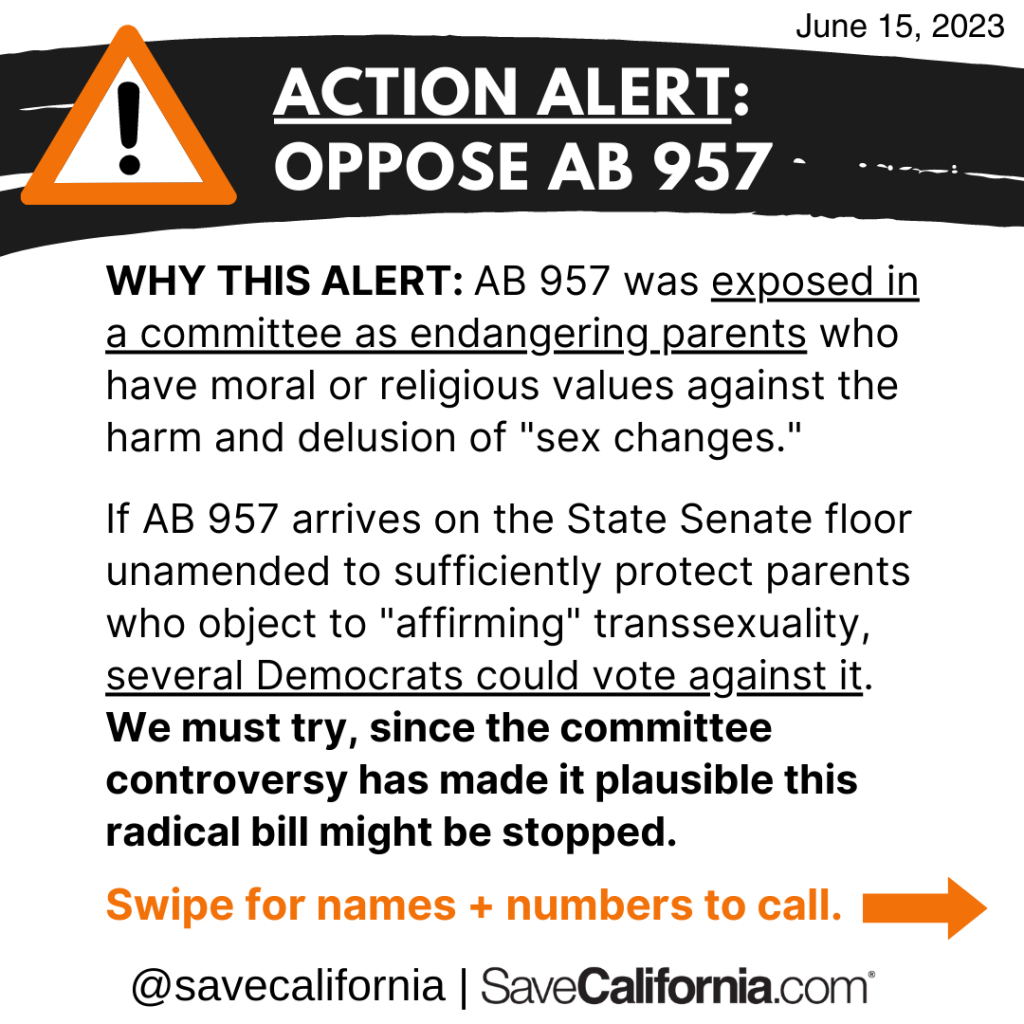
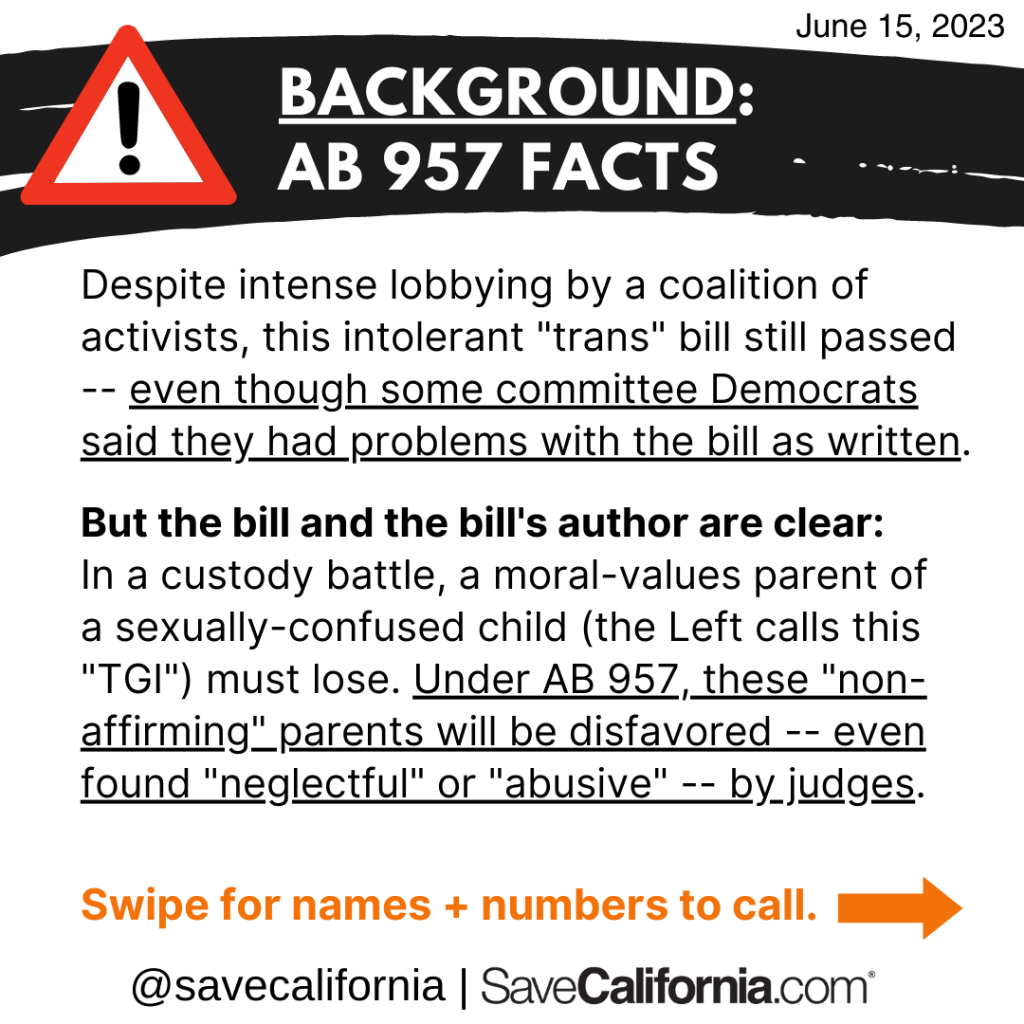
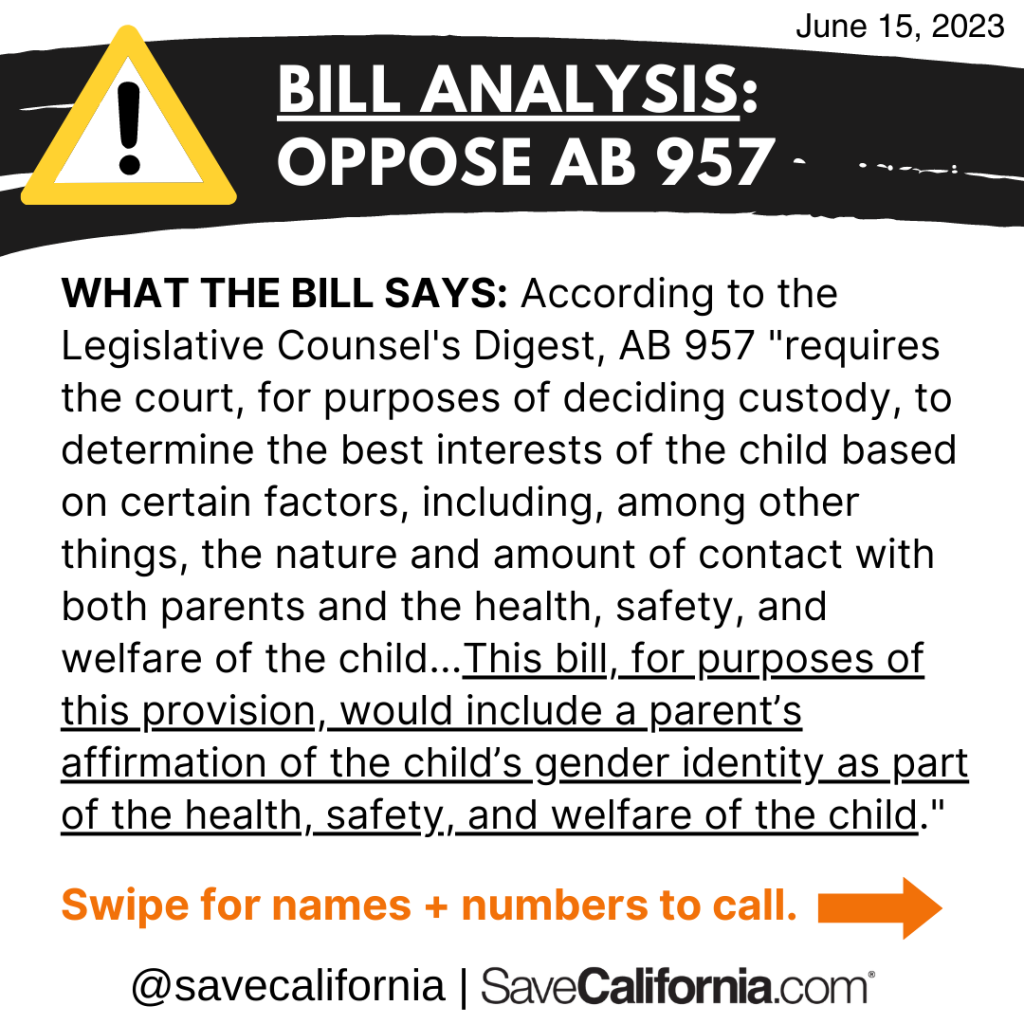
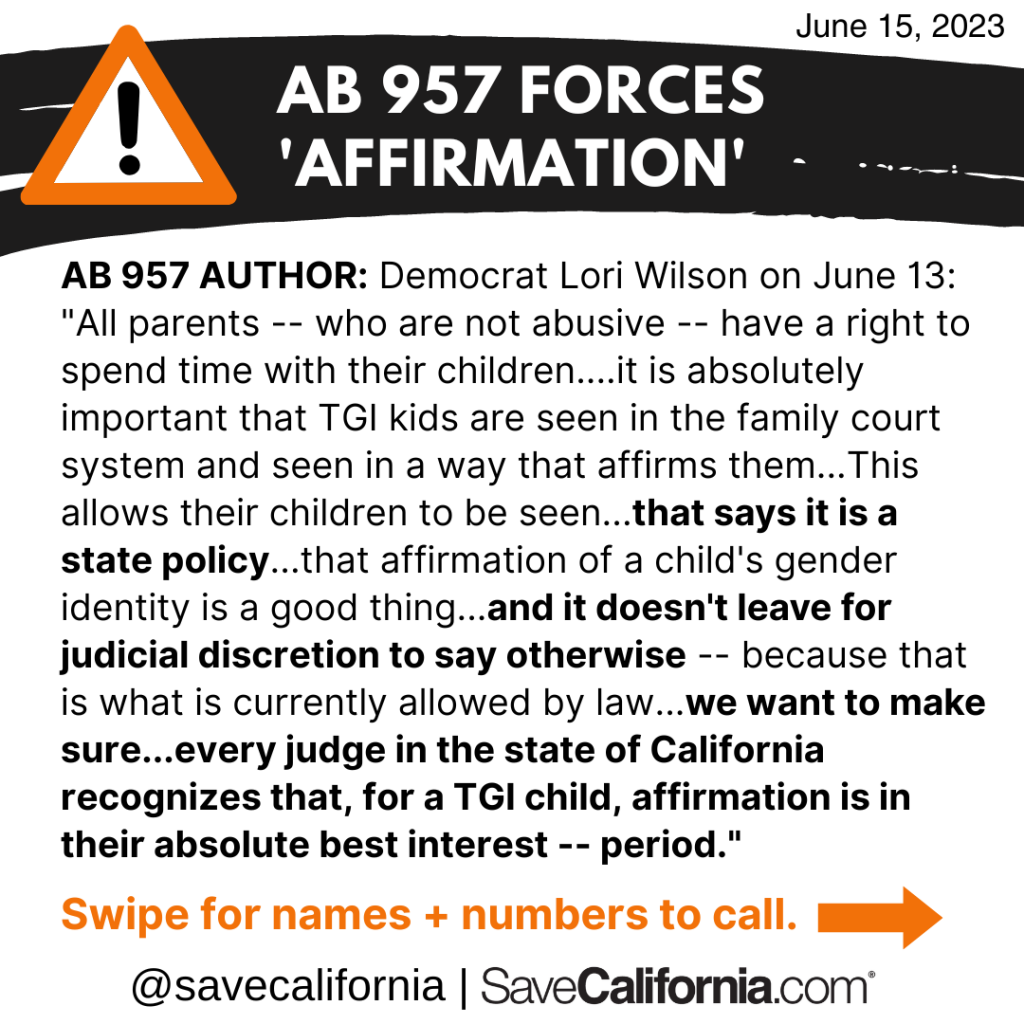






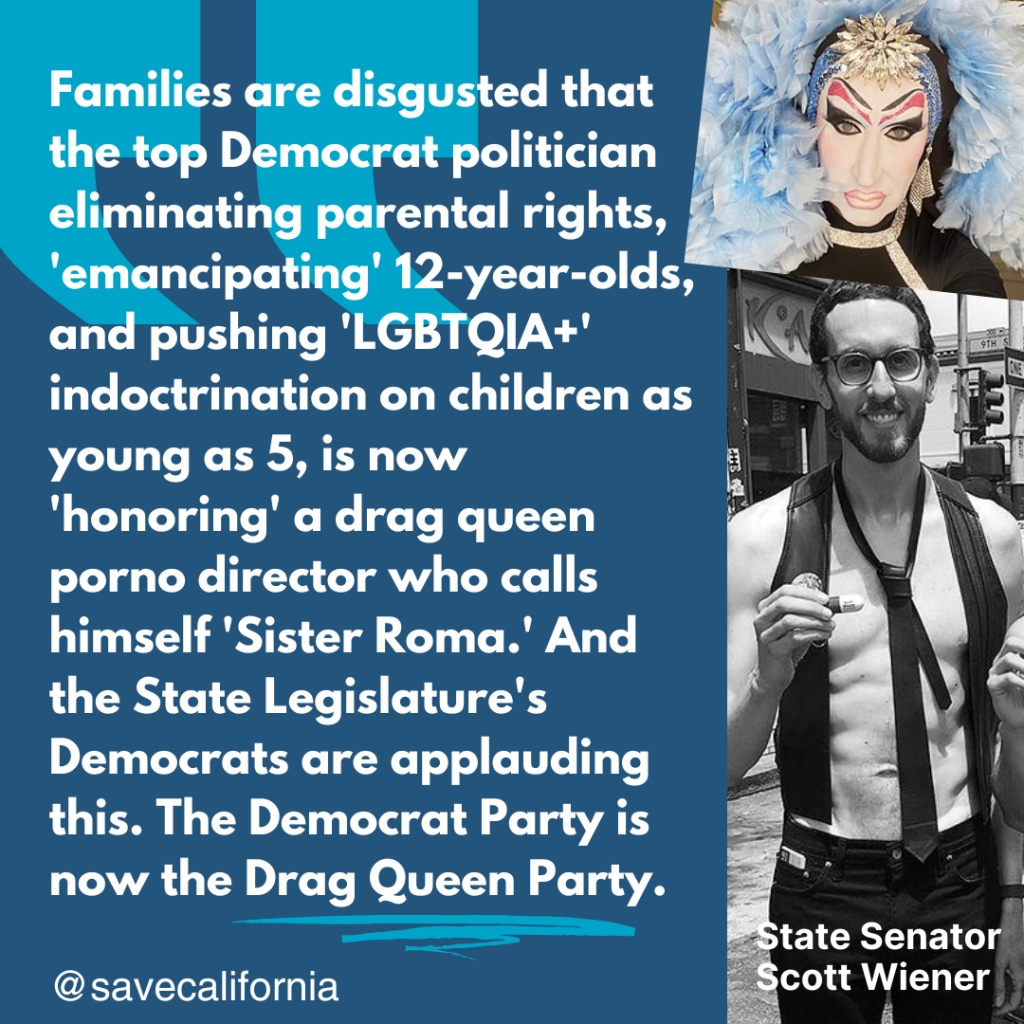
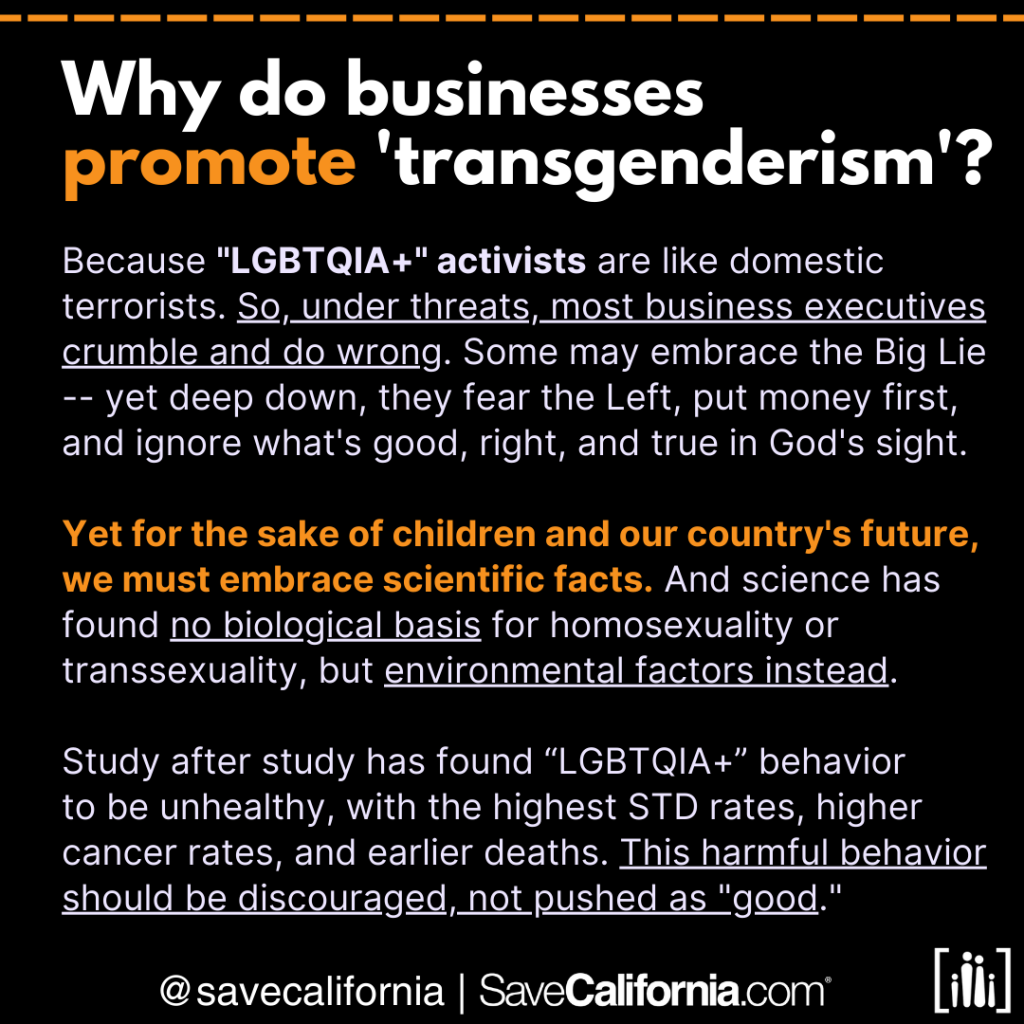
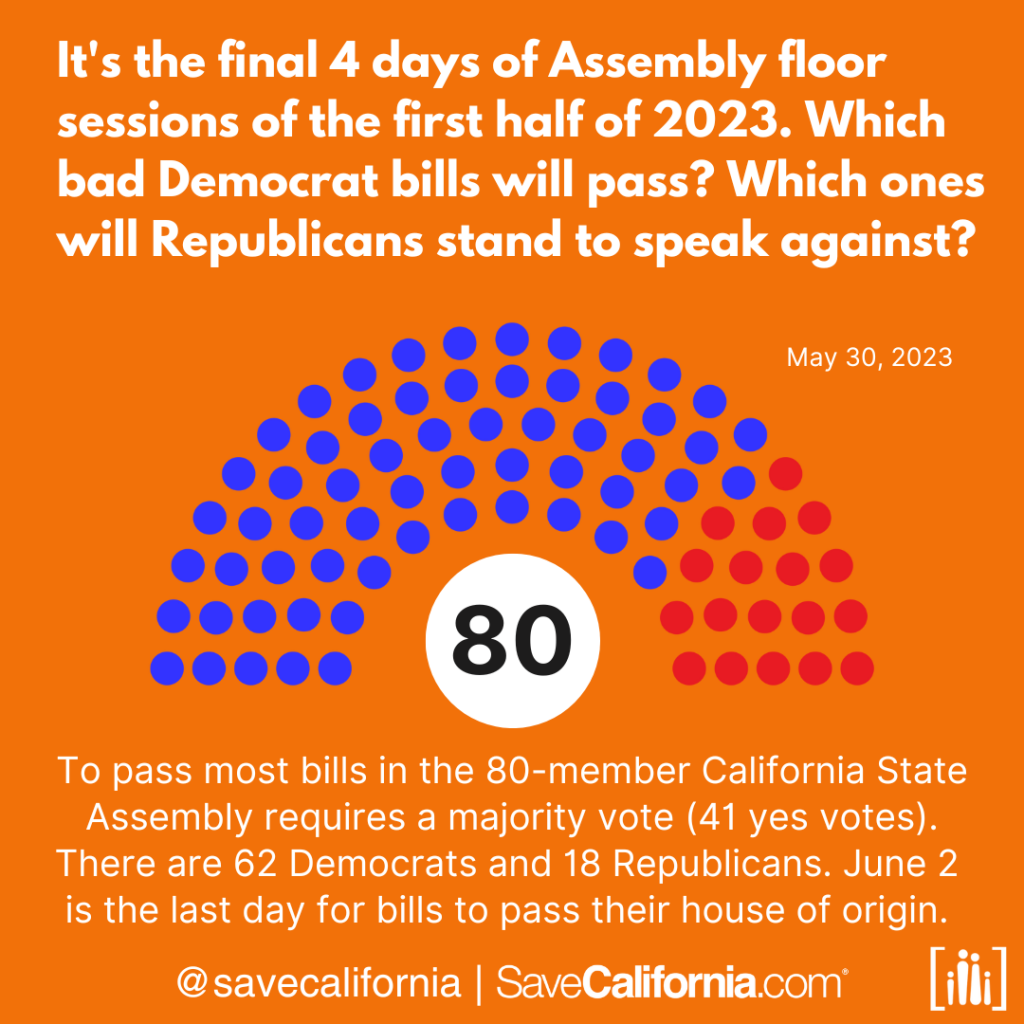
 RSS 2.0 Feed
RSS 2.0 Feed